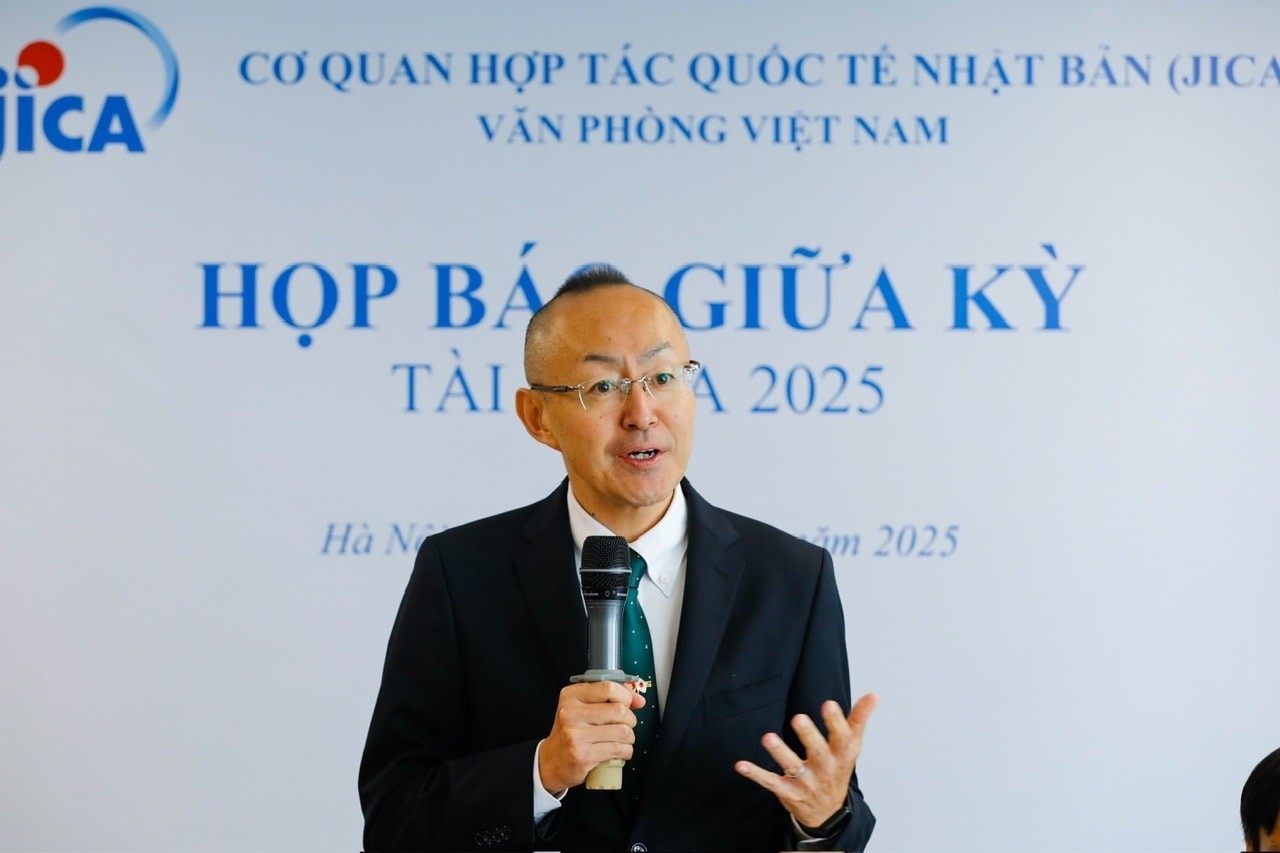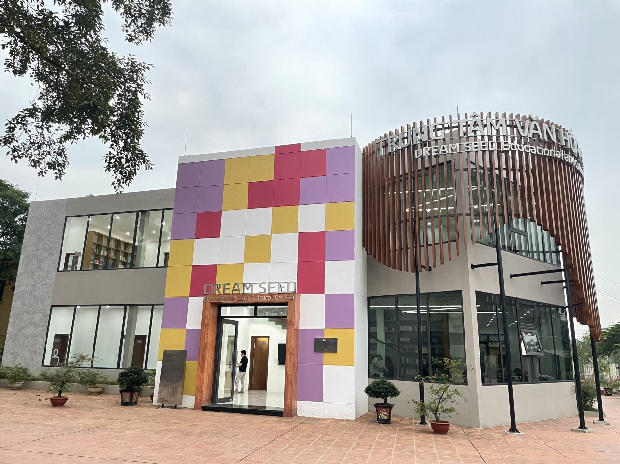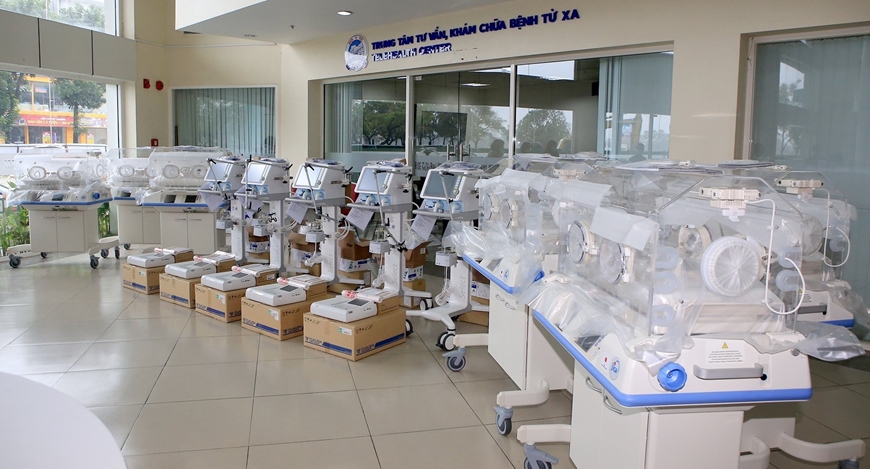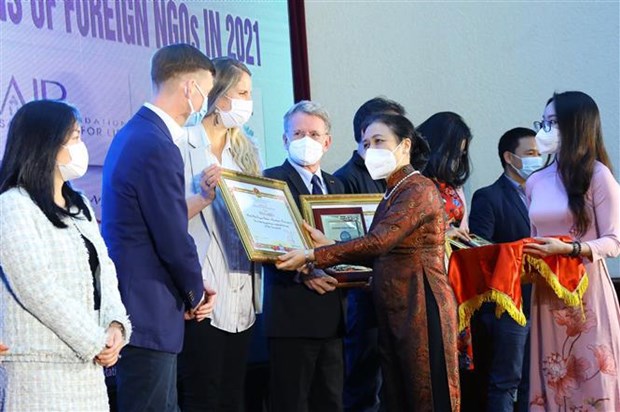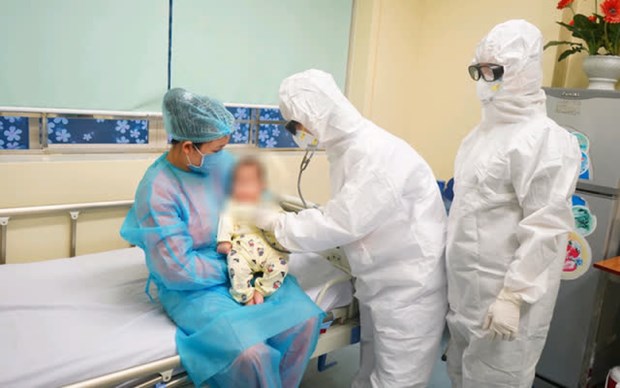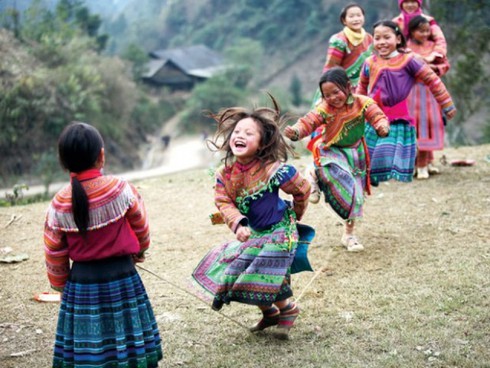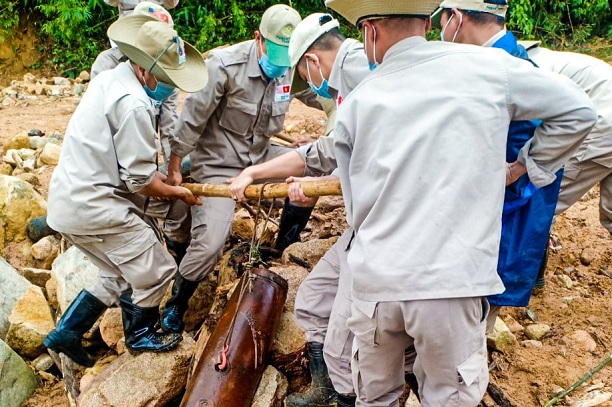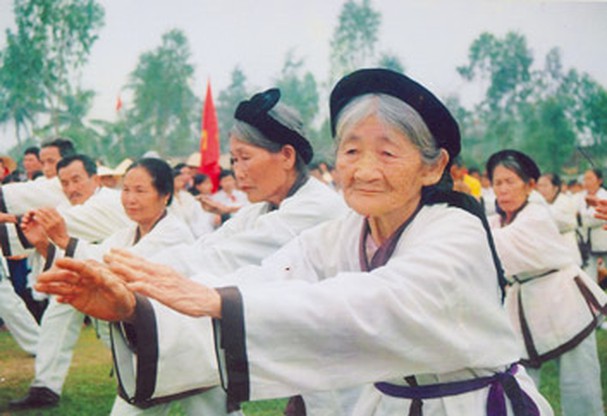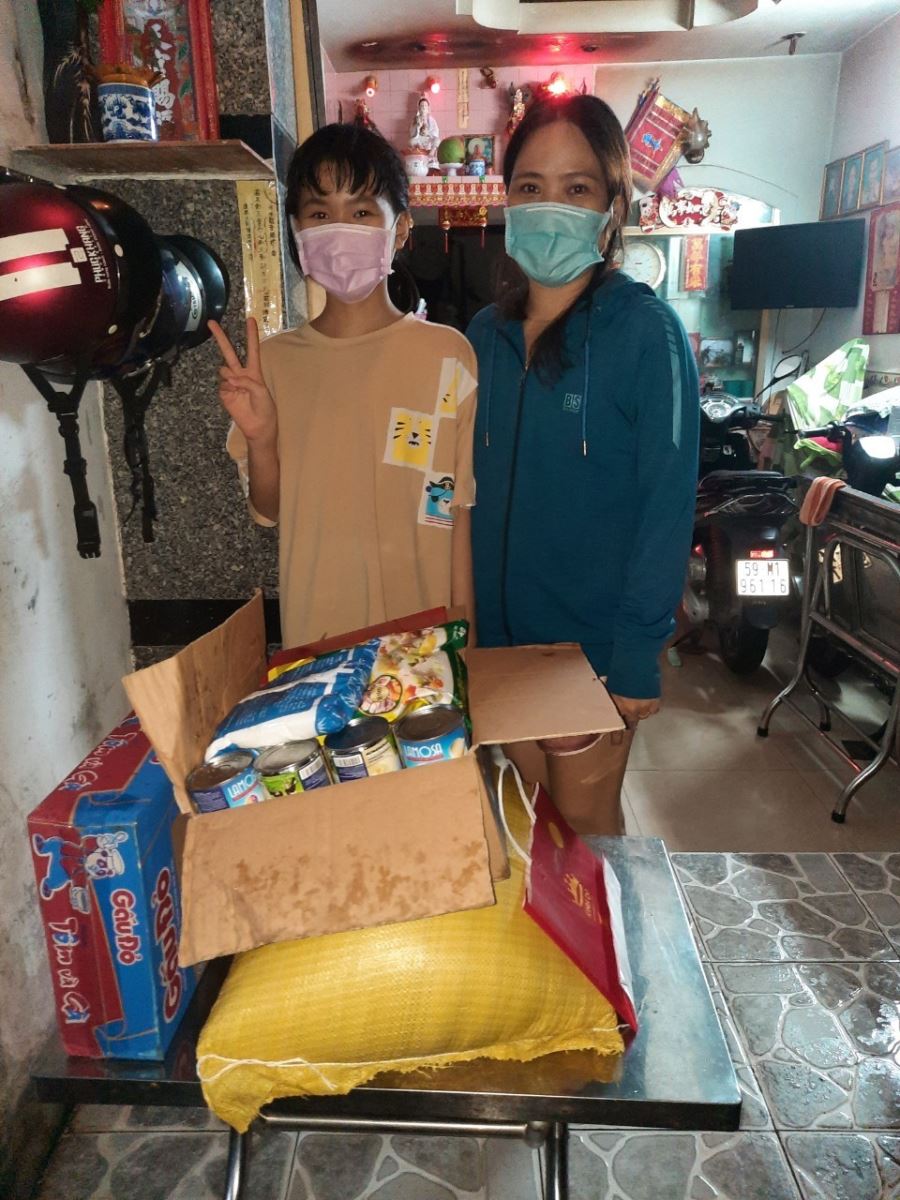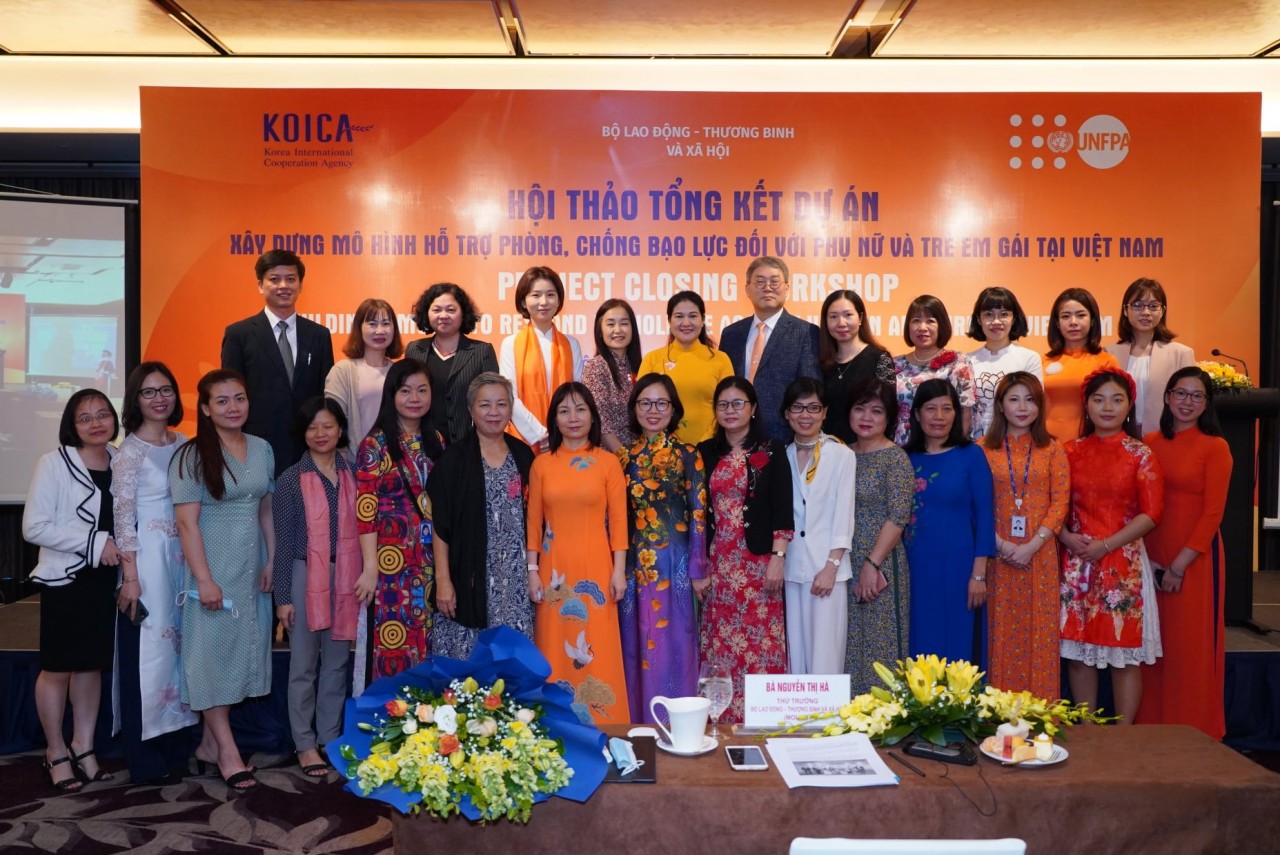
Delegates at the closing workshop.
Within the collaboration framework between Ministry of Labor, Invalids and Social Affairs (MOLISA), the Korea International Cooperation Agency (KOICA) and the United Nations Population Agency (UNFPA) in Vietnam, the project “Building a model to respond to violence against women and girls in Vietnam,” has achieved tangible results, heard the closing workshop on Oct. 20.
The project aimed at raising public awareness on violence, particularly sexual violence against women and girls, and changing people’s attitudes and behaviors on gender-based violence. It was also designed to set up a model to provide essential and integrated services for survivors of gender-based violence for the first time in Vietnam.
After nearly four years of implementation, from 2017 to 2021, more than 10 million people have gained knowledge of gender-based violence, particularly sexual violence against women and girls through three annual national communication campaigns as part of the National Action Month on Gender Equality and Prevention and Response to gender-based violence, from Nov. 15 - Dec. 15.
Industrial zones in Quang Ninh were also targeted to institute a culture of zero toleratence to sexual harassment at workplace.
UNFPA Representative for Vietnam, Naomi Kitahara said in her opening remarks at the closing ceremony in Hanoi: "I am happy that the project achieved such tangible results, many of which were done for the first time in Vietnam. And I am happy that we are serving women, particularly women survivors of violence, so effectively, with respect and dignity."
Kitahara confirmed UNFPA's commitments to contributing to the Government of Vietnam’s efforts to stop gender-based violence against women and girls, so that they can live a life free of violence and with dignity, thus achieving the 2030 agenda for sustainable development, leaving no one behind.
Commenting on the significant contributions of the project, Vice Minister of the Ministry of Labour, Invalids and Social Affairs, Nguyen Thi Ha stressed that the Government of Vietnam has always made efforts in implementing measures to ensure social security, promote gender equality and gender based violence prevention and response, particularly violence against women and girls. These efforts have been highly appreciated by international organizations.
In the policies on supporting people and business to overcome difficulties caused by the Covid-19 pandemic, women and children are prioritized targets and received better support packages, particularly, women with pregnancy, Covid-infected women, orphan children due to Covid-19, contributing to helping women and children with difficulties stablize lives, reduce pressure and risks of being violenced, abused.
The MOLISA highly appreciates the project results. she said, adding that this project is a highlight in the implementation of gender based violence prevention and response activities, contributing to implementing the national objectives on gender equality and serve as a practical basis for development of policies on gender equality and gender based violence prevention and response.
Started its operation in April 2020, the Anh Duong House has accommodated more than 300 women and children, survivors of gender-based violence. It provided comprehensive services under one roof, including health care, counselling, social welfare, police protection, and justice services. Its hotline, which is available 24/7 and free of charge, is receiving more than 1,000 calls a month.
The Anh Duong House has been managed by the Quang Ninh Provincial Social Work Centre under the Quang Ninh provincial Department of Labour, Invalids and Social Affairs, with technical support from MOLISA/NCFAW, UNFPA and KOICA.
Now it is being replicated to Ho Chi Minh City, Da Nang City, and Thanh Hoa Province under the national Master Plan framework. About 500 service providers have been trained on how provide support for women and girls subject to violence. In addition to emergency support, ensuring rights of women and girls subject to violence, the centre also has provided connections, social welfare support to secure livelihood for the vulnerable groups.
Speaking at the closing event, Director of KOICA Country Office, Cho Han-Deog highlighted the significant contributions of the project to end gender-based violence against women and girls. “At KOICA, we embrace a zero-tolerance culture that says NO to gender-based violence (GBV) in any way, shape or form. This project has laid a solid foundation for further effort to providing integrated support to GBV survivors, and to contribute to zero gender-based violence communities in the future.”
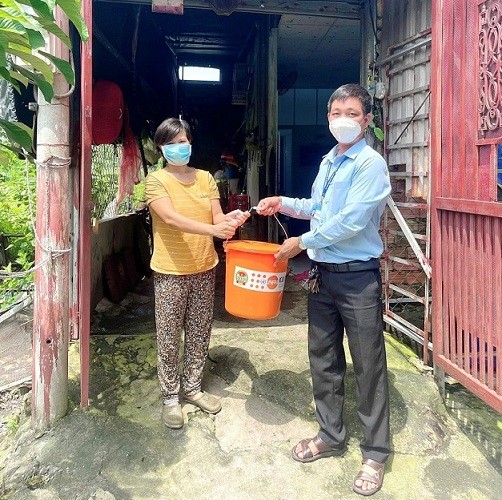 |
| UNFPA cooperated with Viet Nam Farmer’s Union to distribute 1.470 more Dignity Kits to support women in Ho Chi Minh during the 4th wave of #COVID19. |
The project also ensured its flexibility. When the Covid pandemic hit the country last year, UNFPA was alarmed to see an increased number of calls for help in the hotline, indicating the possibility of increased domestic violence during the pandemic period.
It was then agreed to distribute, for the first time in Vietnam, more than 4,000 dignity kitsto Bac Giang and HCM City, which consists of not only essential living items for women and girls, but also information kits on gender-based violence.
UNFPA is in receipt of numerous appreciation notes from beneficiaries of the dignity kits.
“I am happy that we are serving women, particularly women survivors of violence, so effectively, with respect and dignity, on this day, to celebrate the Women’s Day in Vietnam (Oct. 20),” concluded Kitahara.
The attendees to the workshop also agreed, in addition to the results achieved so far, there remain challenges in implementing the activities on gender based violence prevention and response in Vietnam. Particularly, the Covid-19 pandemic has been proven as a catalyst for increased violence, causing negative effects and significant losses in terms of physical and mental health and productivity for gender based violence survivors and involved people. Therefore, the Government and other relevant agencies, organizations, communities and individuals need to join and make stronger efforts to mitigate and gradually end violence.
Q.Hoa t.h / Thoidai

